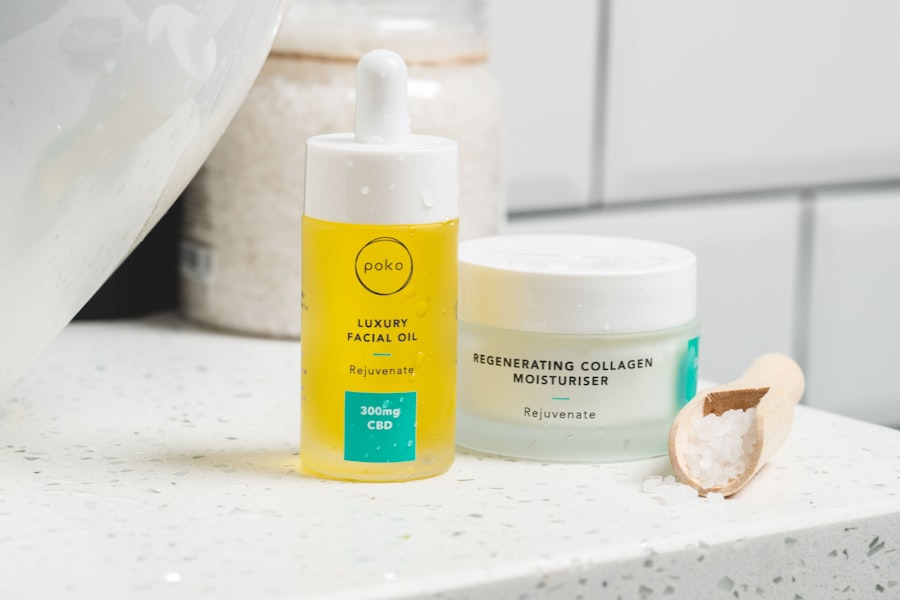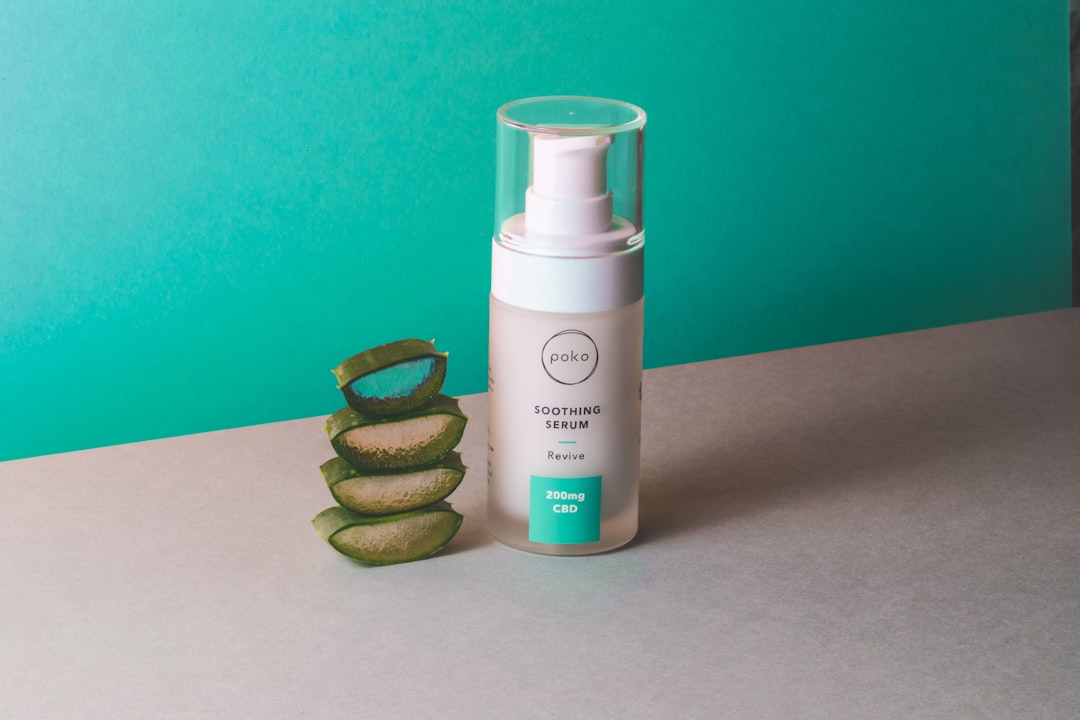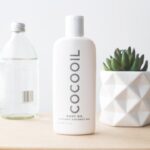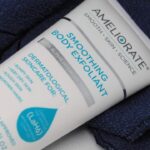When it comes to maintaining healthy skin, sun exposure is a critical factor that you must consider. The sun emits ultraviolet (UV) rays that can cause significant damage to your skin, leading to premature aging, sunburn, and even skin cancer. If you’ve recently undergone a cosmetic procedure or treatment, your skin may be particularly sensitive to sunlight.
It’s essential to protect your skin from harmful UV rays by applying a broad-spectrum sunscreen with an SPF of at least 30. This protective measure should be a part of your daily routine, regardless of the weather or season. Remember, even on cloudy days, UV rays can penetrate through the clouds and affect your skin.
In addition to sunscreen, wearing protective clothing can further shield your skin from sun exposure. Consider donning wide-brimmed hats, long-sleeved shirts, and sunglasses when you’re outdoors.
If possible, try to limit your time in direct sunlight, especially during peak hours when the sun’s rays are the strongest, typically between 10 a.m. and 4 p.m. By taking these precautions, you can significantly reduce the risk of sun damage and keep your skin looking youthful and vibrant.
Key Takeaways
- Sun exposure can cause damage to the treated area, so it’s important to protect it with sunscreen and clothing.
- Exercise and physical activity should be limited after certain treatments to avoid excessive sweating and irritation.
- Swimming and hot tubs should be avoided to prevent infection and irritation of the treated area.
- Be cautious with makeup and skincare products, as some ingredients may be too harsh for the treated area.
- Avoid alcohol and smoking, as they can slow down the healing process and increase the risk of complications.
Exercise and Physical Activity
Engaging in regular exercise and physical activity is vital for your overall health and well-being. Not only does it help maintain a healthy weight, but it also boosts your mood and energy levels.
This can lead to improved mental clarity and a more positive outlook on life. However, if you’ve recently had a cosmetic procedure, it’s crucial to approach exercise with caution. Strenuous activities can increase blood flow and potentially lead to complications in the treated areas.
To ensure a safe return to your fitness routine, consider starting with low-impact exercises such as walking or gentle yoga. These activities can help you ease back into physical activity without putting too much strain on your body. As you regain strength and confidence, you can gradually incorporate more intense workouts.
Always listen to your body; if you experience discomfort or pain, it’s essential to take a step back and allow yourself more time to heal. By balancing exercise with proper recovery, you can enjoy the benefits of physical activity while safeguarding your skin.
Swimming and Hot Tubs

After undergoing certain cosmetic treatments, you may be eager to dive into a refreshing pool or soak in a hot tub. However, it’s important to be mindful of how these activities can affect your healing process. Chlorinated water in swimming pools can irritate sensitive skin, especially if you’ve had recent procedures like chemical peels or laser treatments.
The chemicals in pool water can disrupt the natural barrier of your skin, leading to dryness or irritation. Therefore, it’s advisable to wait for a specific period before immersing yourself in a pool. Hot tubs present similar concerns.
The high temperatures and potential for bacteria in hot tubs can pose risks to freshly treated skin. If you’ve had any injections or incisions, exposing those areas to hot water can increase swelling and prolong healing time. Instead of jumping into the hot tub right away, consider enjoying a warm shower instead.
This way, you can still relax without compromising your recovery. Always consult with your healthcare provider about when it’s safe for you to return to swimming or using hot tubs after your treatment.
Makeup and Skincare Products
| Product | Category | Price | Sales Volume |
|---|---|---|---|
| Foundation | Makeup | 20 | 5000 |
| Moisturizer | Skincare | 15 | 7000 |
| Lipstick | Makeup | 10 | 8000 |
| Serum | Skincare | 30 | 3000 |
Your skincare routine plays a significant role in how well your skin heals after cosmetic procedures. While it may be tempting to cover up any redness or swelling with makeup, it’s crucial to give your skin time to breathe and recover. Many cosmetic treatments leave the skin vulnerable, making it more susceptible to irritation from heavy makeup products.
Instead of reaching for foundation or concealer immediately after treatment, consider using gentle, hydrating products that promote healing. When selecting skincare products post-treatment, opt for those that are fragrance-free and formulated for sensitive skin. Ingredients like hyaluronic acid and aloe vera can provide soothing hydration without causing irritation.
Additionally, avoid exfoliants or products containing retinol until your skin has fully healed. Once you receive the green light from your dermatologist or aesthetician, you can gradually reintroduce makeup into your routine. Until then, focus on nurturing your skin with gentle care to ensure optimal healing.
Alcohol and Smoking
Your lifestyle choices significantly impact your skin’s health and recovery process after cosmetic treatments. Alcohol consumption can lead to dehydration, which is detrimental when your skin is trying to heal. Drinking alcohol can also dilate blood vessels, increasing the risk of swelling and bruising in treated areas.
If you want to achieve the best results from your procedure, consider abstaining from alcohol for at least a week before and after treatment. Smoking is another habit that can hinder your skin’s healing process. The toxins in cigarettes reduce blood flow and oxygen supply to the skin, impairing its ability to recover effectively.
If you’re serious about maintaining healthy skin and achieving optimal results from cosmetic procedures, quitting smoking is one of the best decisions you can make. Not only will this improve your recovery time, but it will also enhance the overall appearance of your skin in the long run.
Touching or Picking at the Treated Area

After undergoing cosmetic procedures, it’s natural to feel curious about how your skin is healing. However, one of the most detrimental actions you can take is touching or picking at the treated area. Your hands carry bacteria that can lead to infections if they come into contact with open wounds or sensitive skin.
Additionally, picking at scabs or peeling skin can result in scarring or prolonged healing times. To avoid the temptation of touching your face or treated areas, consider keeping your hands busy with other activities or using fidget toys if necessary. It may also help to keep the treated area covered with a breathable bandage or dressing as advised by your healthcare provider.
This not only protects the area but also serves as a reminder not to touch it unnecessarily. By allowing your skin to heal undisturbed, you’ll be setting yourself up for better results.
Certain Medications and Supplements
Your health regimen should be carefully considered after undergoing cosmetic treatments. Some medications and supplements can interfere with the healing process or increase the risk of complications. For instance, blood thinners like aspirin or ibuprofen may lead to excessive bleeding or bruising post-procedure.
It’s essential to inform your healthcare provider about any medications or supplements you’re currently taking so they can advise you on what to avoid during recovery. Herbal supplements may also pose risks during this time. Some herbs can have blood-thinning effects or interact negatively with anesthesia used during procedures.
Always consult with your doctor before resuming any supplements after treatment. They may recommend specific vitamins that promote healing, such as vitamin C or zinc, but it’s crucial to get their guidance first. By being mindful of what goes into your body during recovery, you’ll support optimal healing and enhance the results of your cosmetic procedure.
Excessive Heat or Cold Therapy
Temperature extremes can have a significant impact on how well your skin heals after cosmetic treatments. While applying heat may seem soothing initially, excessive heat can exacerbate swelling and redness in treated areas. Activities like saunas or hot yoga should be avoided until you receive clearance from your healthcare provider.
Instead, consider using cool compresses if you experience discomfort; they can help reduce inflammation without causing further irritation. On the other hand, extreme cold therapy should also be approached with caution. While ice packs can be beneficial for reducing swelling immediately after certain procedures, prolonged exposure can lead to frostbite or damage sensitive skin.
Always wrap ice packs in a cloth before applying them to avoid direct contact with the skin. Moderation is key; use cold therapy in short intervals rather than leaving ice on for extended periods. By being mindful of temperature extremes during recovery, you’ll create an environment conducive to healing while minimizing discomfort.
In conclusion, taking care of your skin after cosmetic procedures requires attention to various factors that influence healing and overall health. From protecting yourself from sun exposure to being cautious about exercise and lifestyle choices like alcohol consumption and smoking, each aspect plays a vital role in achieving optimal results from your treatment. By following these guidelines and consulting with healthcare professionals when necessary, you’ll be well on your way to enjoying beautiful, healthy skin for years to come.
After laser hair removal, it is important to follow certain restrictions to ensure the best results. One related article that provides more information on this topic can be found at this link. This article discusses the importance of avoiding sun exposure, using gentle skincare products, and avoiding certain activities that may irritate the skin after laser treatment. By following these restrictions, individuals can help maintain the effectiveness of their laser hair removal treatment and achieve smooth, hair-free skin.
FAQs
What are the common restrictions after laser treatment?
After laser treatment, it is common to experience some restrictions such as avoiding sun exposure, refraining from certain skincare products, and avoiding strenuous activities.
Why should I avoid sun exposure after laser treatment?
Sun exposure can increase the risk of complications and adverse effects after laser treatment. It is important to protect the treated area from the sun by using sunscreen and wearing protective clothing.
What skincare products should I avoid after laser treatment?
It is recommended to avoid using harsh skincare products, such as exfoliants and retinoids, after laser treatment. These products can irritate the skin and interfere with the healing process.
How long should I avoid strenuous activities after laser treatment?
It is typically advised to avoid strenuous activities, such as heavy exercise, for a few days to a week after laser treatment. This allows the skin to heal properly without excessive stress or irritation.






